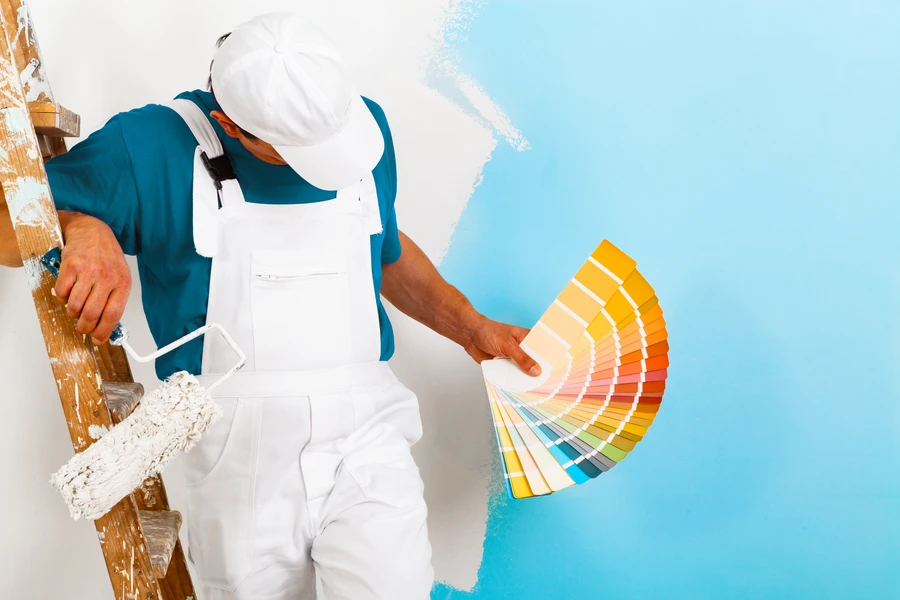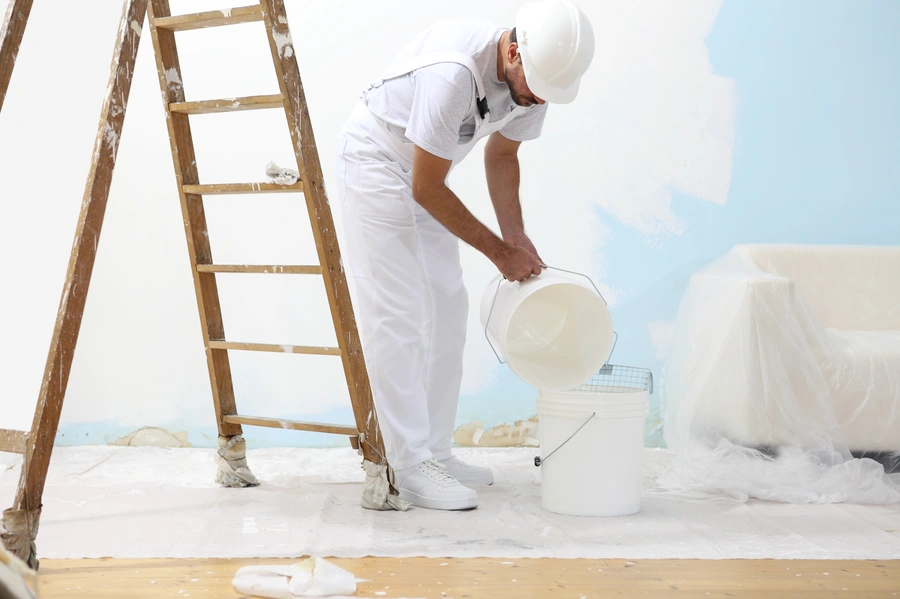Why Priming Is Key to a Professional Paint Finish
When it comes to painting your home, primer plays a crucial role. It might seem like an extra step, but skipping it can lead to poor results. A good primer prepares the surface for paint, helps it adhere better, and improves durability. Whether you’re changing colors or touching up, primer can make a significant difference. Understanding how primer works and why it’s important can ensure your painting project succeeds. Let’s explore the benefits and considerations of using primer in home painting.

The Importance of Using Primer
Primer is essential because it creates a smooth base for paint. It covers flaws, seals porous surfaces, and blocks stains. This ensures that your topcoat adheres properly and looks even. Without primer, the paint might peel or look uneven over time. For those who offer professional painting service options, this can mean fewer callbacks due to paint issues.
How Primer Extends Paint Durability
Applying primer before painting adds years to the longevity of your work. It strengthens the bond between paint and wall, making it less likely to chip or crack. This is especially true for areas exposed to moisture like bathrooms or kitchens. By using primer, you ensure that your efforts last longer, minimizing the need for frequent touch-ups.

Types of Primer Available
There are several types of primer suited for different surfaces. Oil-based primers work well on wood and metals, while water-based ones are ideal for drywall and plaster. Stain-blocking primers are best for covering tough marks or dark colors. Choosing the right type depends on your specific needs and goals, whether you’re doing it yourself or hiring a painting service.
Steps to Properly Apply Primer
The process of applying primer is straightforward but requires attention to detail:
- Clean the surface thoroughly to remove dirt and grease.
- Sand any rough areas to create a smooth finish.
- Apply a thin coat of primer using a brush or roller.
- Let it dry completely before applying another coat if needed.
- Inspect the surface for any missed spots and touch up as necessary.
Common Mistakes With Primer Application
Avoid common errors by following these tips:
- Don’t skip cleaning; primer won’t stick well to dirty surfaces.
- Avoid thick coats; they take longer to dry and can cause drips.
- Ensure proper drying time between coats; rushing leads to imperfections.
- Select the correct primer type for your surface material.
- Don’t ignore ventilation; fumes from some primers can be strong.
Cost Considerations for Using Primer
The cost of primer varies based on quality and type. While it adds an upfront expense, the long-term savings from extended paint life often outweigh this initial cost. Quality primers may reduce the number of paint layers needed, saving time and money during application. Considering these factors can help you make informed decisions about your home’s painting budget.
Your Path to Perfect Home Painting Projects
If you’re looking to improve your home’s appearance, consider including primer in your plans. It sets the foundation for success and ensures a beautiful finish that lasts. For expert assistance, contact us at (508) 714-1694. We serve clients throughout Brockton, MA with top-quality services. Trust American General Home Improvement to guide you in achieving outstanding results with every stroke.